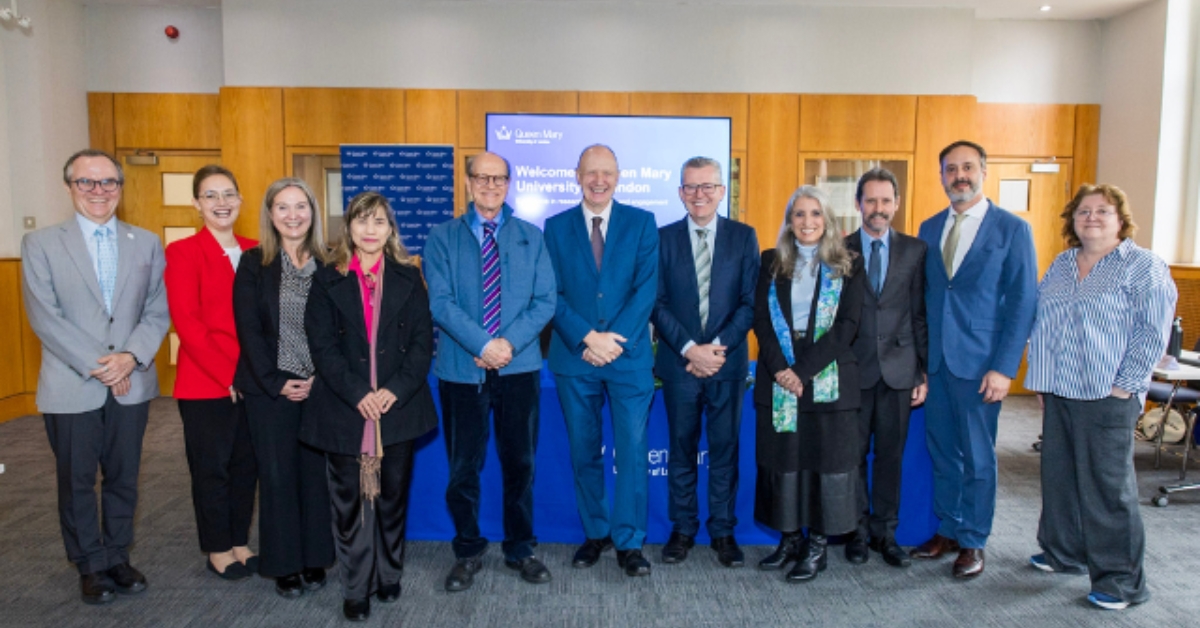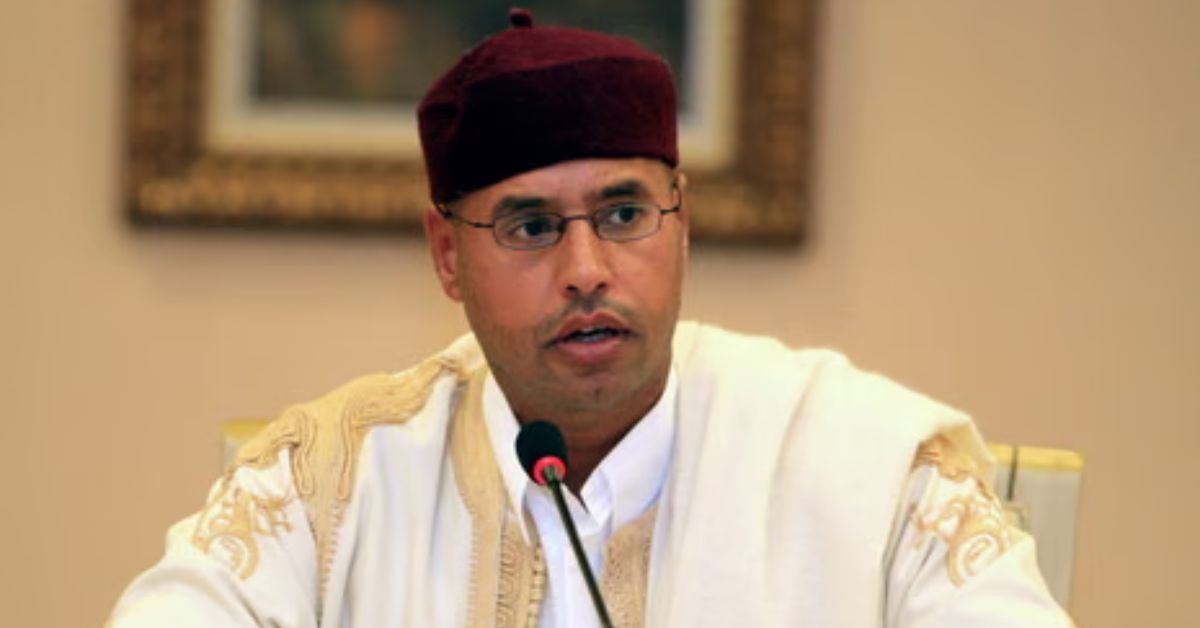Queen Mary University of London hosts a Brazilian delegation to enhance a national impact framework, featuring insights from crucial figure Sir Steve Smith on research impact.
Table of Contents
London: Queen Mary University of London hosted a high-profile Brazilian delegation on Wednesday, 30 October 2024, to discuss strategies for measuring the impact of higher education and research.
The event, which included key figures from the UK and Brazil, aimed to lay the foundation for a national impact framework in Brazil, furthering international cooperation in higher education.
Among the notable attendees was Professor Sir Steve Smith, the UK Government’s International Education Champion, Who highlighted the significance of the discussions in shaping future education policies.
The delegation included representatives from prominent Brazilian institutions, such as the University of São Paulo, the Brazilian National Council of State Research Funding Agencies, and the São Paulo State Research Funding Agency.
They were joined by officials from the UK Foreign, Commonwealth, and Development Office and the Department for Business and Trade, emphasizing the commitment to strengthening bilateral ties between the two nations in higher education.
The event focused on understanding how universities can effectively measure research impact, a key challenge for both countries as they seek to enhance national development through education.
The event builds on relationships established during a higher education trade mission to Brazil in October 2024.
Queen Mary University’s Vice Principal International, Professor Helen Bailey, played a significant role alongside Professor Sir Steve Smith and other UK educational leaders.
The British Council, the Department for Business and Trade, and the Foreign, Commonwealth, and Development Office supported this mission, underlining the ongoing commitment to meaningful global academic partnerships.
A Platform for Dialogue and Collaboration
The event featured presentations and panel discussions involving leading figures from UK and Brazilian higher education.
Professor Helen Bailey emphasized the importance of open, equitable dialogue between the global north and south:
“It is vital that higher education leaders from both the global north and south come together equitably and in open dialogue to learn from one another about the relative strengths of our systems. At Queen Mary, we value the opportunity to share our research impact expertise and to engage in the debate about the social impact of higher education both locally and globally.”
Among the prominent speakers were Professor Sir Steve Smith, Jamie Arrowsmith (Director of Universities UK International), Professor Sir David Eastwood (Chairman of INTO University Partnerships), and Professor Nicola Dandridge from the University of Bristol.
Other notable attendees included Nick Hillman, Director of the Higher Education Policy Institute, Professor Rodrigo Calado, Provost of Graduate Studies at the University of São Paulo, and Dr. Philippa Lloyd, Vice Principal of Policy and Strategic Partnerships at Queen Mary University.
Their insights offered diverse perspectives on the challenges and opportunities within the higher education landscape.
Spotlight on Research Impact: People’s Palace Projects
One of the event’s highlights was Professor Paul Heritage’s presentation of Queen Mary’s People’s Palace Projects.
The project is an exemplary model of impactful research that transcends national borders, demonstrating how creative, practice-based research can generate measurable social impact.
The People’s Palace Projects utilize the arts and culture to address social challenges, showcasing how universities can directly contribute to societal well-being in the UK and Brazil.
Paving the Way for a National Framework
As Brazil works towards developing a comprehensive national framework for assessing research impact, collaboration with global leaders such as the UK provides valuable insights.
The discussions during the event—ranging from measuring social impact to ensuring equitable collaborations—are expected to influence Brazil’s approach to higher education significantly.
The continued partnership between the UK and Brazil demonstrates how academic institutions can unite across borders to address shared challenges, ultimately creating a positive and measurable impact on society.
By exchanging best practices and exploring potential strategies, the leaders at this event have made substantial progress in ensuring that higher education continues to be a powerful tool for societal transformation in Brazil and globally.






